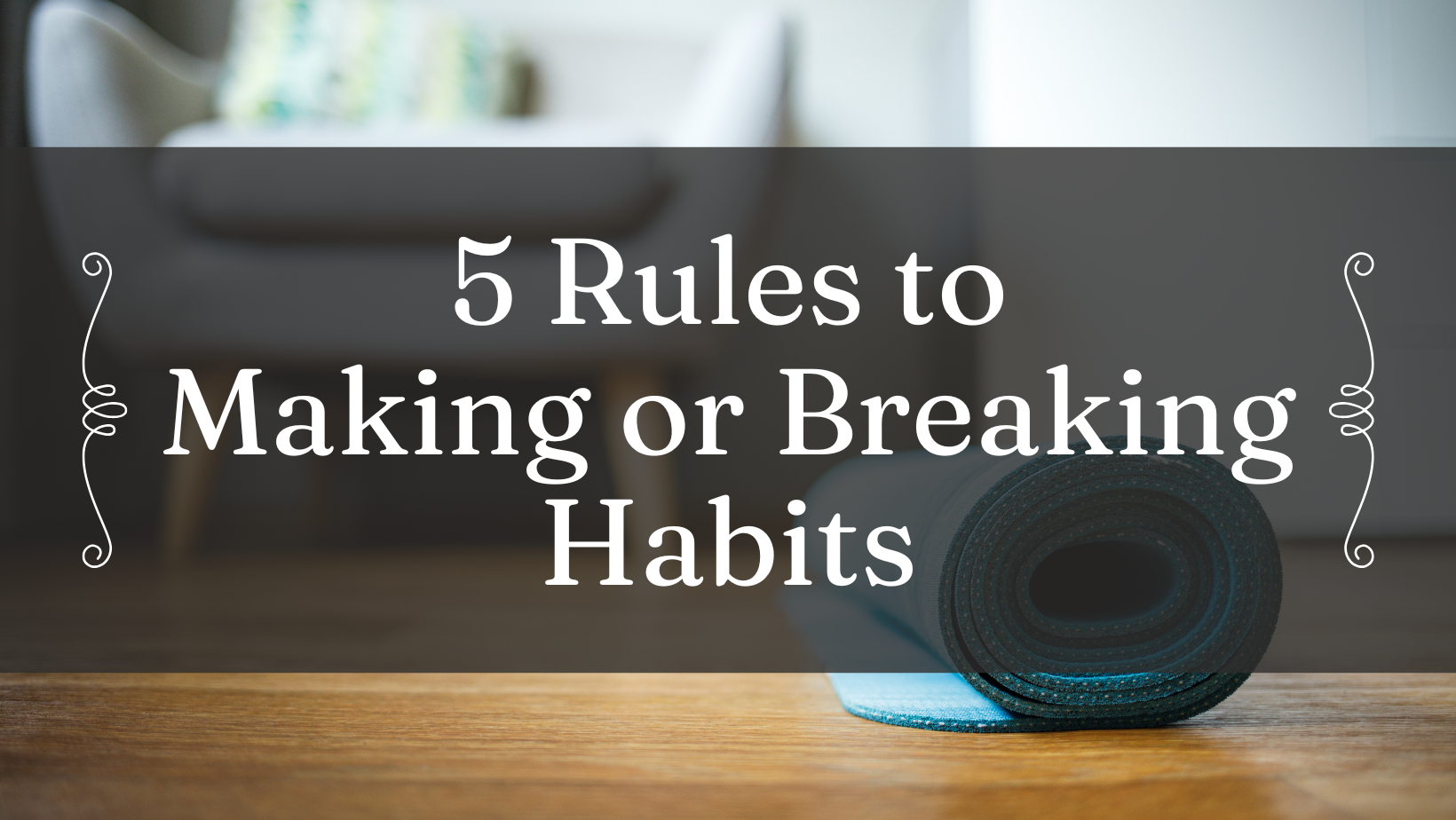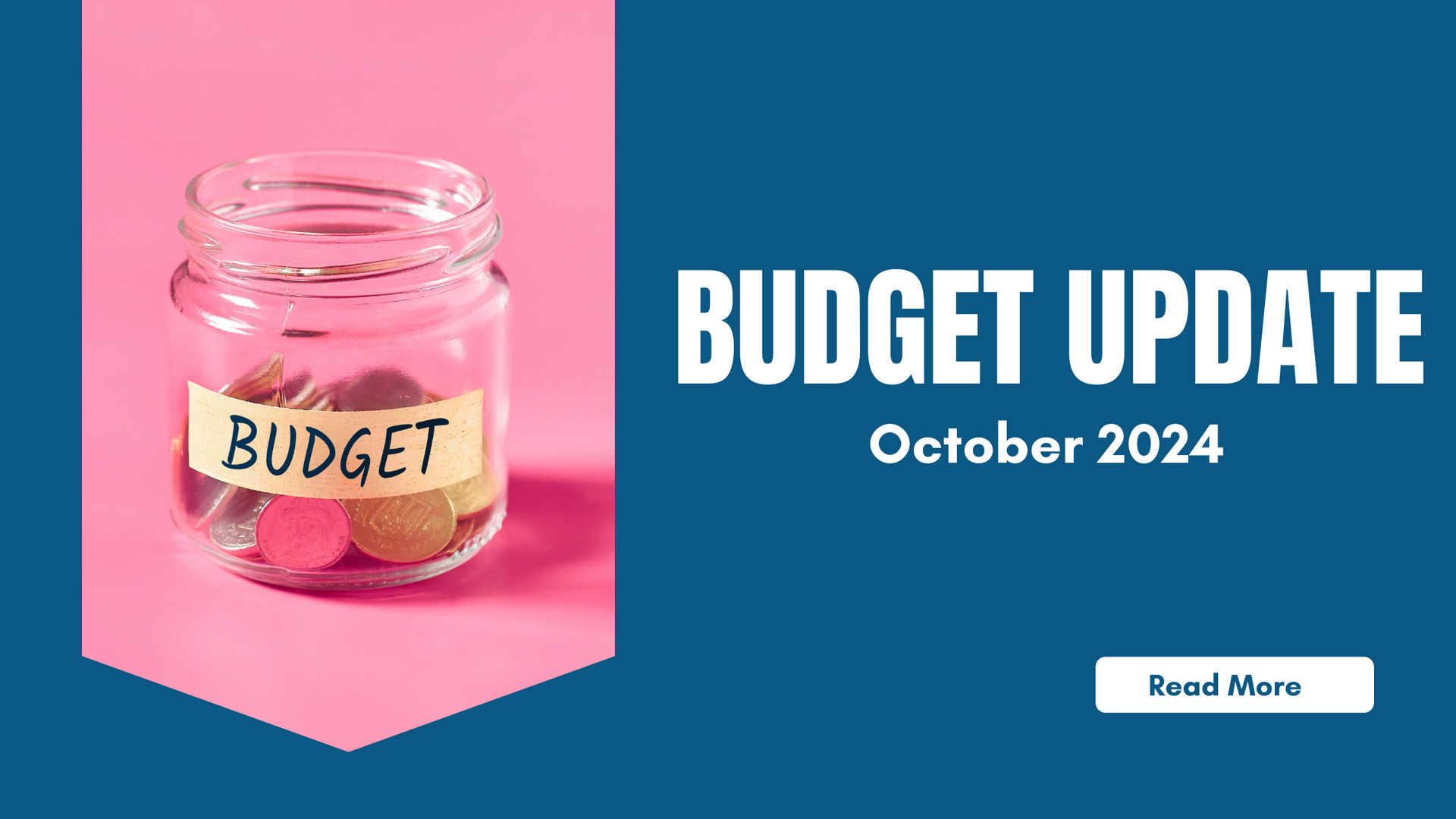They say on average it takes 21 days to create a habit, I believe that’s a myth. There’s enough science out there to suggest it completely depends on the person themselves! There are so many variables within personalities it’s not logical that everyone can create a habit in 21 days.
It’s important to remember, habits never leave you. They are never forgotten and can return as easily as they are to form good ones!
Here I break down my 5 rules to making or breaking habits:
Step 1 - Stress
Stress is one of the biggest keys in making good habits. It should be common knowledge that stress doesn’t help in any forms of life – Happiness, relaxation, focus AND creating good habits.
Why doesn’t stress help? Well, there a various reasons for this however when creating habits for me it’s that stress makes us look for INSTANT happiness. All of us have a self-gratification calling inside our heads, we all want that instant fix…why wait and hold out where we could just take the easy option now. Stress is scientifically proven to increase our desires for instant gratification as we want out of this stressful place. Therefore, being under more stress makes it harder for us to keep on track creating these good habits, especially at the early stages of creating new habits.
You want to teach yourself to control your mindset and look for delayed-gratification, check out the Stanford Marshmallow Method here - https://en.wikipedia.org/wiki/Stanford_marshmallow_experiment#Original_Stanford_experiment
This goes into details on beliefs I share on how having controlled delayed-gratification can help you achieve more success in life, whether that be personal or in work.
My top tips on lowering stress levels are:
Sleep more: You probably hear this a lot, however its fundamental to being successful in anything in life. Everyone needs different amounts of sleep to others, however those bosses that tell you they don’t need sleep and just work harder are lying to themselves… if you do not get the correct amount of sleep your focus shifts, you start to look for instant-gratifications and its scientifically shown that you are more ‘miserable’. There is such a thing as too much sleep of course also. There are so many factors in sleep that help the body and mind, in deep sleep you hit moments of zen to enable you to store whatever the valuable information you learnt that day… or if you are looking to lose weight then it releases leptin… Leptin effects the way your calorie intake works.
Exercise regularly: You should all know by now that exercise is a great format to release stress, when exercising you releases feel-good neurotransmitters called endorphins. These endorphins instantly ease stress levels. This isn’t about becoming a pro athlete, six 0 model or extremely muscular. It’s about releasing feel-good endorphins. I have friends in my group that are against any form of exercise, to me this is naïve, and they do not understand the key benefits, something as small as a 30 minute fast paced walk a day would give you what you need. Make the effort and create good habits now! There are other forms of exercise of course… sex included!
These two things alone will help cement lowering stress, meaning its easier to form good habits! It’s simple if you feel good, you’ll do more and be more.
Step 2 – Know what triggers are
Knowing what your trigger points are, for me, the biggest make or break in creating good habits. I’ll give you a couple of examples from my own life to help explain this:
Going to the gym: I don’t have an inner drive to go to the gym without persuasion, I only go because it makes me feel good. Therefore, I know if I don’t have set procedures in place I simply will not go. To make sure I get to the gym I create a routine to ensure I don’t find any excuses to not go. I put my son Otis to bed most evenings, therefore before I start his bedtime routine, I get myself into my gym clothes and put my gym bag at the bottom my stairs obstructing me getting past it when I come down after doing Otis’s bedtime routine. By doing this I am ready to go instantly after I finish, my keys are on top of the bag, and I walk straight out the house and go to the gym! If I go sit down or get distracted by something else and simply will not go, I know this as this is how my brain works. So, I create this routine to ensure I go. I also plan when I will go, so no variables get in the way or again excuses.
Another example is my personal bedtime routine, I know that if I don’t have my book/journal next to me in bed, I won’t read or write before I go to sleep or wake. Instead, I will look at my phone or find something else to distract myself with, therefore by doing this I know I can avoid my triggers of boredom to them look for that instant gratification on social medias.
Step 3 – You can’t stop bad habits, just replace them
Don’t try to stop bad habits, its proven that a habit never goes away! Use smokers for example, the amount I know that have quit, replace it with chewing gum/vaping then something goes wrong, they get stressed, then back to smoking.
What you want to focus on is replacing bad habits with good habits. I used the smoking example already, so let’s stick with that. If people try to simply get rid of smoking (it is a habit!), it makes it nearly impossible for many (so they feel). Therefore why not replace with a better habit, for example cutting down to a certain amount a day – gradually removing it completely. Or if you cannot control your trigger points that well then replacing with a healthier option like the chewing gum or vaping.
Another example is those that snack a lot, a way to stop this is to drink more water, it makes you feel more full and less likely to snack.
There are so many examples of this, so relay it to your day-to-day and figure out what bad habits you could replace with slightly better ones, as the time goes on you can continue to improve on them. Treat it as being 1% better every day, those that try to change 10 things instantly simply will fail. 1% everyday improves you by 362% over the course of a year – REMEMBER THAT and remind yourself!
This is exactly why I hate crash diets, the list of people I know who say there on a diet every month is longer than my arm. It just simply doesn’t work, understand your reason why and then replace those bad habits with good habits over time.
We all work on external and internal rewards. Some of us are better at internal rewards and other external, it comes back to your trigger points and understanding what the ques are on this and being honest with yourself to why type of person you are.
Step 4 – Know your reason why
Before you just decide ad-hoc what habits you want to improve on. Know why you want to improve on them. If you want to make long term changes this is imperative, I’ll give you examples:
I want to get a six pack for my summer holiday: This will only provide a short-term fix; you will get into a routine you hate that is only set to achieve a short term outcome. Obviously, there is instances this type of routines come into place in work & life, however maybe a better way to work is to understand why you ‘want a six pack’ maybe you could create a better long term plan you enjoy, making it easier to commit to.
When I lost my little sister Zoe in May 2020 who was only 26 and left behind two young boys, it really made me reflect on my life choices and health, establishing what’s important to me. From there I completely improved on my day-to-day habits and routine…how, because I had a good reason why.
I wanted to be healthier, to be healthier I needed to look after my body better, with healthier eating habits and exercise routines. Since then, I can genuinely say I feel the best health and fitness wise that I have since being a teen!
Step 5 – Willpower is not enough
Science shows that willpower drains throughout the course of your day, when you wake to when you go to bed that willpower will be incredibly lower.
An easy way to look at this is, when there is a task to do that you enjoy your willpower lasts longer and stronger. Compared to when you are doing something you really don’t like, your willpower will drain much faster.
I come back to crash diets etc, they may work in the short term. But once you come off of it, you will just revert back, as I see all the time.
Instead, why not focus on changing your lifestyle, diets don’t need to exist then! Creating a lifestyle choice based on points 1 to 4, will enable you to control sustaining better willpower.
Final Tip
Something I figured out a few years ago and was reminded recently by a podcast by Steven Bartlett, was ask yourself the right question, what do I mean, here is an example:
Instead of saying to myself, “you will go to the gym tonight at 7pm”, I ask myself if I’m going to the gym tonight “are you going to the gym tonight”. I can then only give a yes or no answer, rather than giving an opportunity for excuses as to why I won’t do something.
Try it, I promise you it works!











